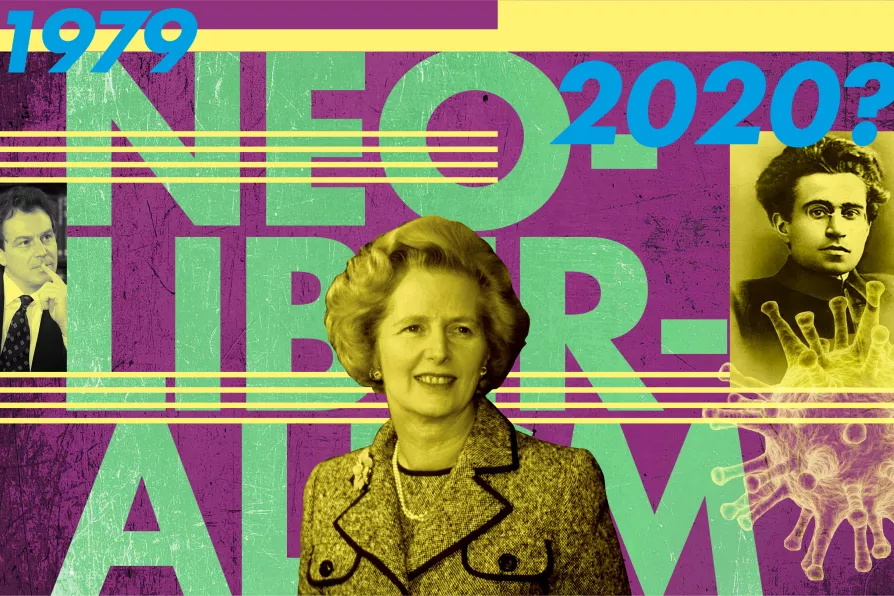Data on regional deprivation in England shows us an unequal society, but what to do about it remains unanswered argue ROX MIDDLETON, LIAM SHAW and MIRIAM GAUNTLETT


IS IT possible to recognise in the present what historians will later declare to be a moment of transition from one historical period — defined according to prevailing features in politics, economics and society — to another? Are we in such a moment now?
Periodisation of historical epochs is controversial and inexact, and traditional historians have frowned upon it. Yet economists and historians have attempted to delineate distinct periods of history.
These include Eric Hobsbawm, who wrote of the long 19th century (1789-1914), and the short 20th century (1914-1989) and economist Joseph Schumpeter, who defined the “creative destruction” theory of technological change.

NICK TROY lauds the young staff at a hotel chain and cinema giant who are ready to take on the bosses for their rights













